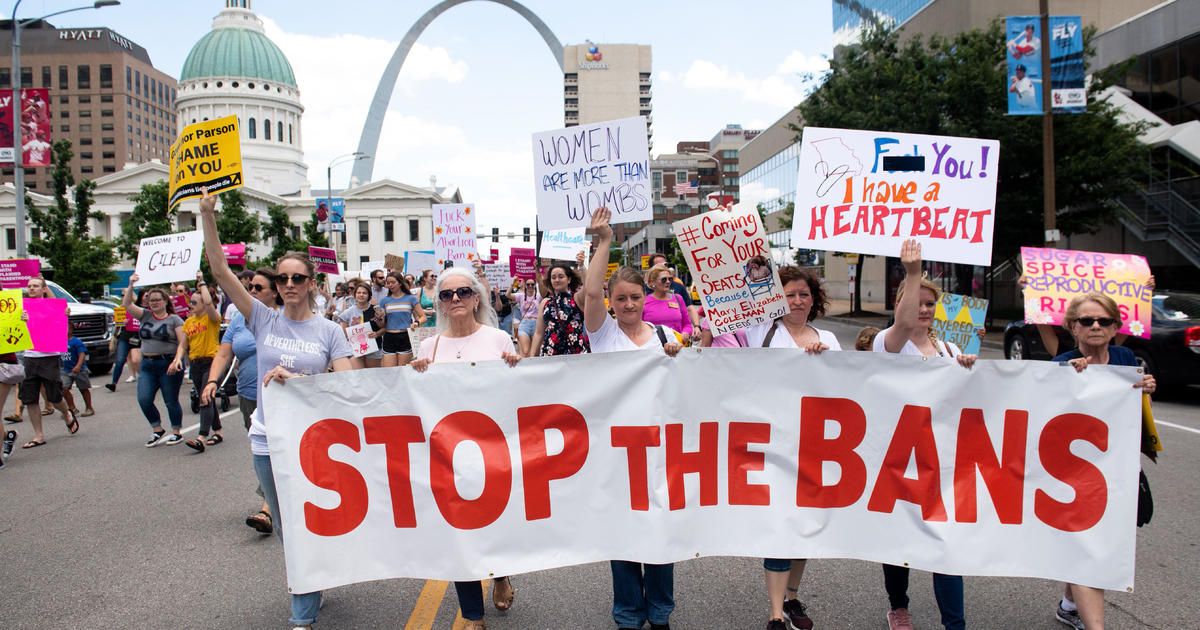Abortion Access Ballot Measures Face Legal Challenges in Nebraska and Missouri
Abortion rights ballot measures in Nebraska and Missouri are currently facing legal challenges as looming certification deadlines approach. In Missouri, Judge Christopher Limbaugh recently ruled against an abortion rights ballot measure, agreeing with a lawsuit that claimed the petition violated state law by not providing voters with a list of Missouri laws that would be repealed if the measure passed. The proposed measure aimed to protect the right to an abortion in the state’s constitution, preventing any government interference related to the procedure.
Missouri organizers behind the ballot measure are seeking to appeal Limbaugh’s decision in front of the state Supreme Court in a bid to halt an injunction. However, the deadline for ballot changes coincides with the court hearing, creating uncertainty about the fate of the ballot measure. If the court does not intervene, an injunction will be put in place, effectively removing the measure from the ballot.
Rachel Sweet, campaign manager for Missourians for Constitutional Freedom, expressed disappointment at the court’s decision, stating that blocking Amendment 3 from the ballot undermines the rights of the 380,000 Missourians who signed the petition demanding a voice on the issue.
Abortion is currently illegal in Missouri except in cases where the life or health of the mother is at risk. In Nebraska, where a 12-week abortion ban is in place, two conflicting abortion petitions were set to appear before voters in the upcoming November elections. However, legal challenges have cast doubt on whether voters will have the opportunity to choose between the two options.
One of the measures seeks to establish a fundamental right to an abortion until fetal viability, while the other would restrict abortion in the second and third trimesters, with exceptions for medical emergencies or cases of sexual assault or incest. The legality of these measures is being contested, particularly regarding whether they meet the single-subject requirement.
The Nebraska Supreme Court recently heard oral arguments related to the lawsuits, with Attorney David Gacioch arguing that both amendments likely fulfill the single-subject test. However, the strictness of the court’s interpretation of the test could determine the fate of the restrictions amendment. The deadline to certify ballots in Nebraska is set for September 13.
The landscape of abortion rights has shifted significantly following the U.S. Supreme Court’s Dobbs decision, which overturned Roe v. Wade and devolved the issue to the states. This move has led to a surge in statewide ballot measures both supporting and restricting abortion rights. In November, voters in Arizona, Nevada, Florida, South Dakota, Colorado, New York, Maryland, and Montana will face similar measures on their ballots.
Democrats have been vocal advocates for abortion rights, with Vice President Kamala Harris making reproductive freedom a central theme of her campaign. Harris has warned against the possibility of a national abortion ban under former President Donald Trump and has criticized his stance on the issue. Trump, on the other hand, has maintained that abortion policy should be decided at the state level, despite expressing reservations about certain restrictions.
The battle over abortion rights continues to be a contentious issue in American politics, with state-level decisions shaping the landscape of reproductive freedom. As legal challenges unfold in Nebraska and Missouri, the future of abortion access in these states hangs in the balance. The outcome of these ballot measures will have far-reaching implications for the rights of women and the state’s approach to reproductive healthcare.









